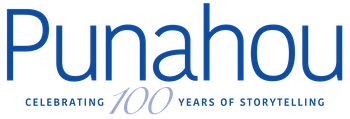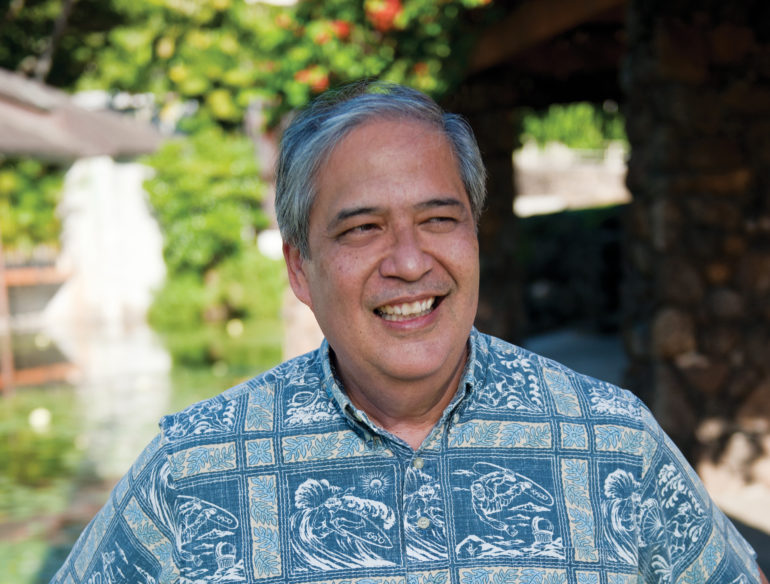One of the Aims of a Punahou Education is to provide students with rich opportunities and experiences for exploration, growth and mastery. The word, “mastery,” holds particular significance, in that we strive for students to acquire critical skills and knowledge, as opposed to simply fulfilling course requirements and scoring well on tests.
Having the ability to think critically and creatively, communicate well, collaborate and remain resilient have become essential for success, not just at Punahou, but in higher education and in today’s workplace.
Colleges and employers are demanding deeper skills, experiences and attributes, and as a result, schools must reevaluate their curriculum, teaching methods and overall focus to properly prepare students for the future.
Punahou has taken a proactive approach by becoming a founding member of the Mastery Transcript Consortium, an organization of 225 U.S. schools that have partnered with leading universities to develop a new digital mastery transcript.
Along with Punahou, many of the nation’s top-ranked schools have joined the effort to develop a standardized transcript that assesses students beyond GPAs and SAT scores. The transcript will evaluate students’ abilities in key skill sets and also allow for uploads of videos, projects and other digital material to reflect strengths, experiences and knowledge.
Although full adoption of this mastery transcript is years away, colleges already are instituting alternative assessment models. Some colleges and universities, including the University of Chicago, are de-emphasizing the SAT, making it optional. With admissions officers seeking a more meaningful picture of applicants, the mastery transcript holds promise to better reveal a student’s true potential.
While the transcript is a tangible end result, the core goal is mastery learning. Simply becoming adept at memorization or test taking cannot guarantee success in today’s technologically driven world. Students must focus on mastering skills and knowledge, and this requires meaningful innovation in the classroom.
A team of Academy faculty members is now piloting a mastery-based model in a few classes, to steer the focus away from grades and more on the acquisition of skills. Collaboration and engagement are encouraged, as is student input.
The School will be carefully reviewing their efforts and developing a plan for added adoption. Certainly, the broader Punahou community of students, parents and staff will be informed of any changes that are incorporated.
If our aim is to deepen and personalize student learning, then we must examine ways to assess students for that learning. We look forward to our continued work with a network of thoughtful schools as we consider ways to effectively reflect the unique skills, strengths, achievements and interests of each Punahou student.
James K. Scott ’70

